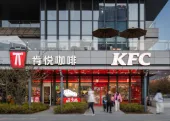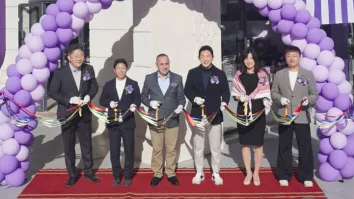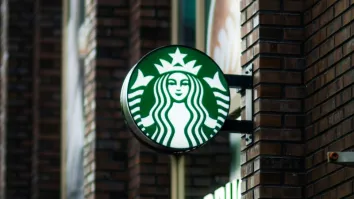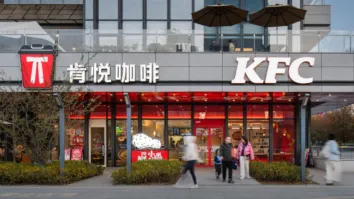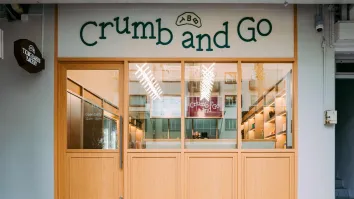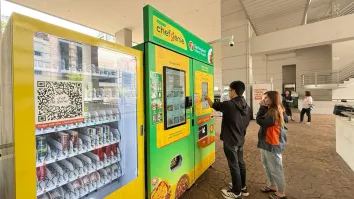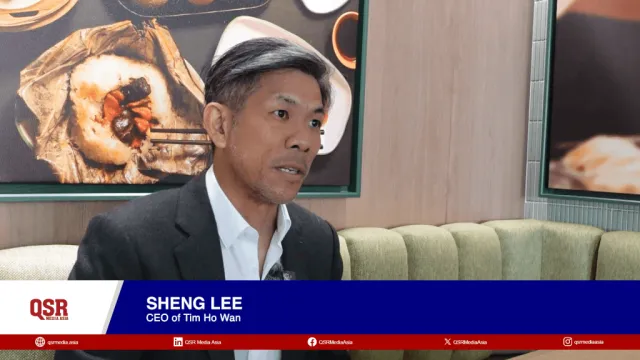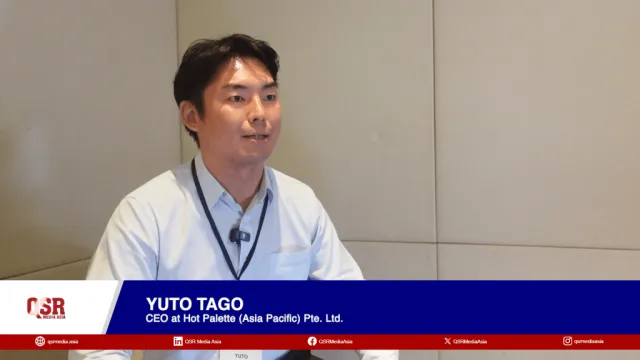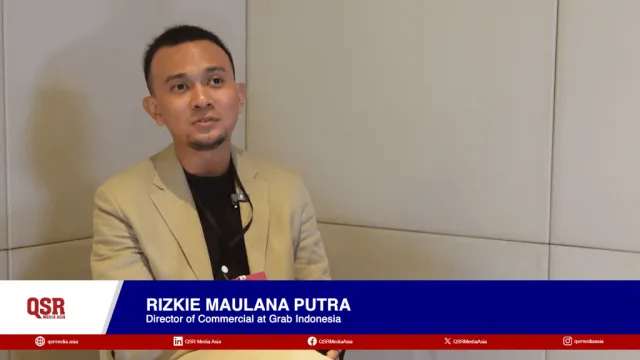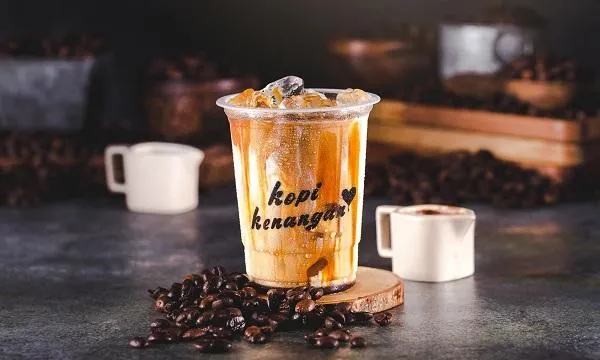
Kopi Kenangan raises US$109m in series B funding
Facebook co-founder Eduardo Saverin will also be joining the chain’s board of directors.
Indonesian coffee chain Kopi Kenangan has raised US$109 million in its latest series B funding, which is expected to be utilised for international expansion and technology investments.
Sequoia Capital led the funding, whilst new investors, including Hong Kong’s Horizons Ventures, Chinese internet company Kunlun, as well as the company’s first institutional investor, Alpha JWC Ventures, joined in on the latest effort to raise funds.
B Capital, a venture founded by social media giant Facebook co-founder Eduardo Saverin, also joined the series B funding, with him also joining Kopi Kenangan’s board.
“Food and beverage is one of the largest consumer opportunities in Southeast Asia and Kopi Kenangan has built a compelling identity among Indonesians. We are looking forward to bringing the same experience as the business expands into newer markets,” Sequoia Capital Singapore vice president Rohit Agarwal said in a statement.
Founded in 2017, Kopi Kenangan plans to operate 500 stores across the country by the end of this year. It currently has 324 stores.
Plans to offer a wider range of food and beverage options from local merchants and its cloud kitchens, apart from its current staples such as boba, tapioca pearl milk tea and iced coffee are also in the works.
The funding is expected to be used for the company’s expansion plan across neighboring countries, including Thailand, the Philippines and Malaysia, after the pandemic ends.
Kopi Kenangan previously received US$20 million in series A in June last year, as well as additional investments from global celebrities such as rapper Jay-Z, tennis star Serena Williams and basketball player Caris LeVert, who invested in the company through their respective venture companies in December.
Edward Tirtanata, the chain’s co-founder and CEO, said the start-up had also been responding to the COVID-19 pandemic by providing face masks, hand sanitizer and protective shields to customers and employees in stores.
“The hospitality industry is facing the biggest existential crisis of our generation," he said. “We are adapting quickly to the challenge through contactless commerce and uncompromising hygiene standards throughout our stores.”
